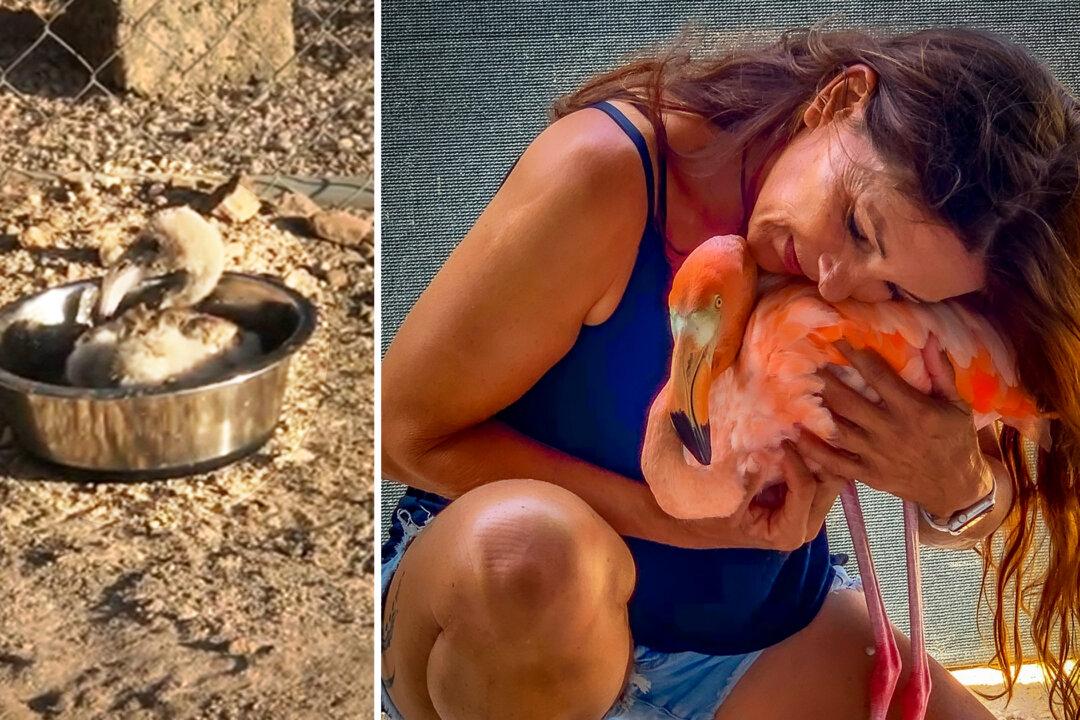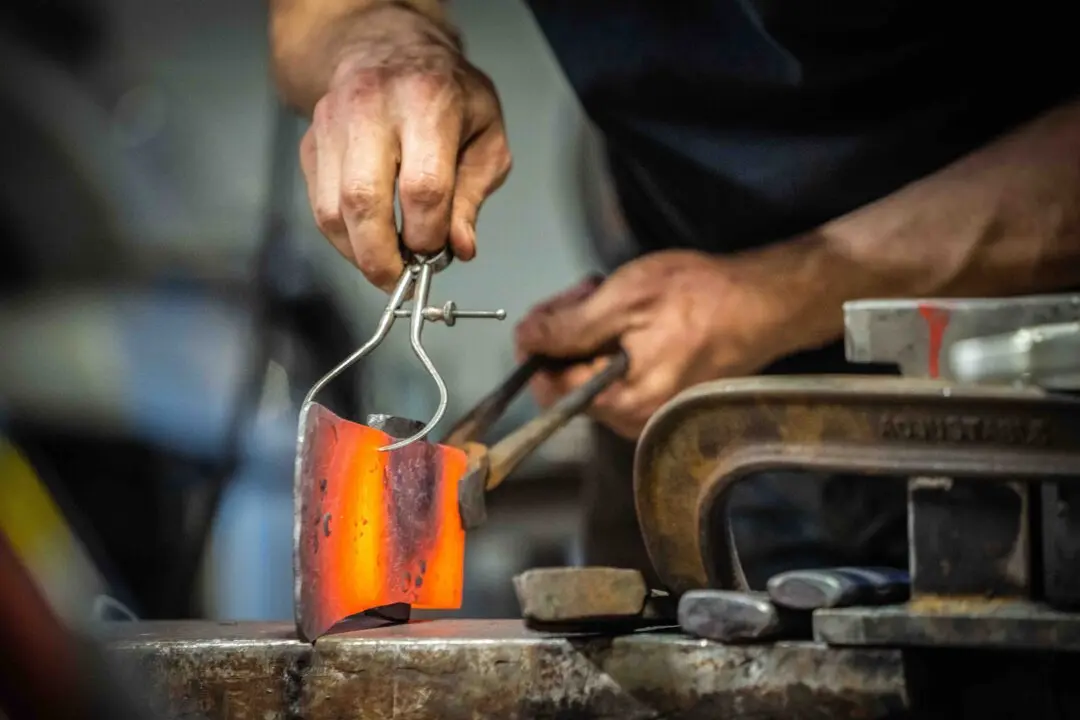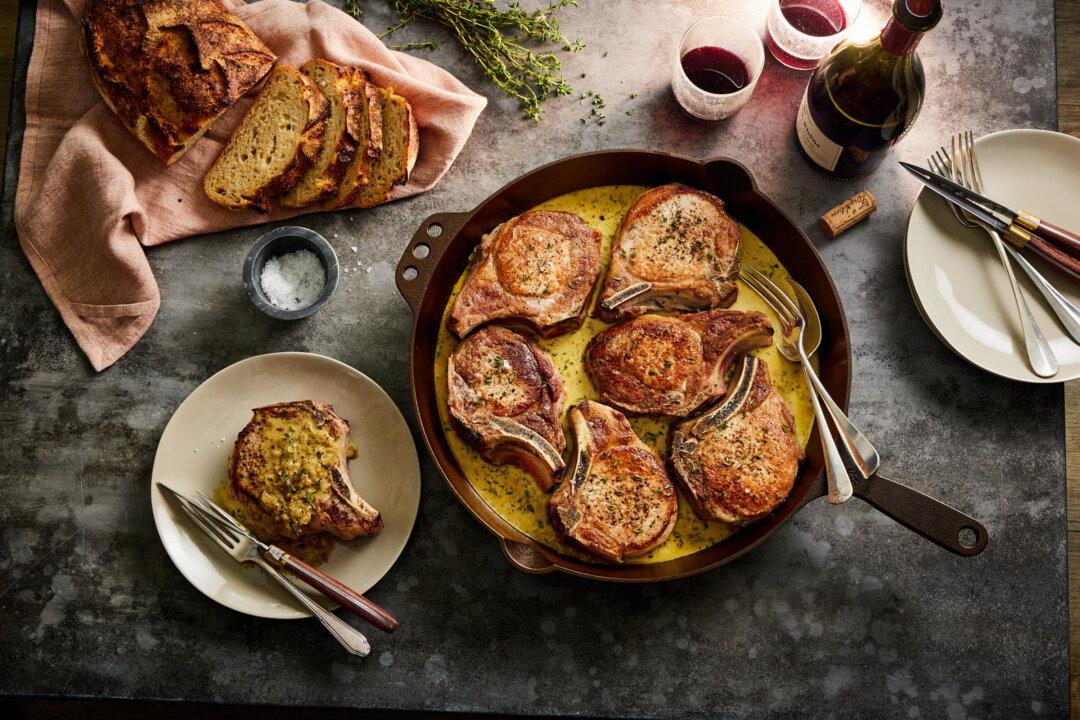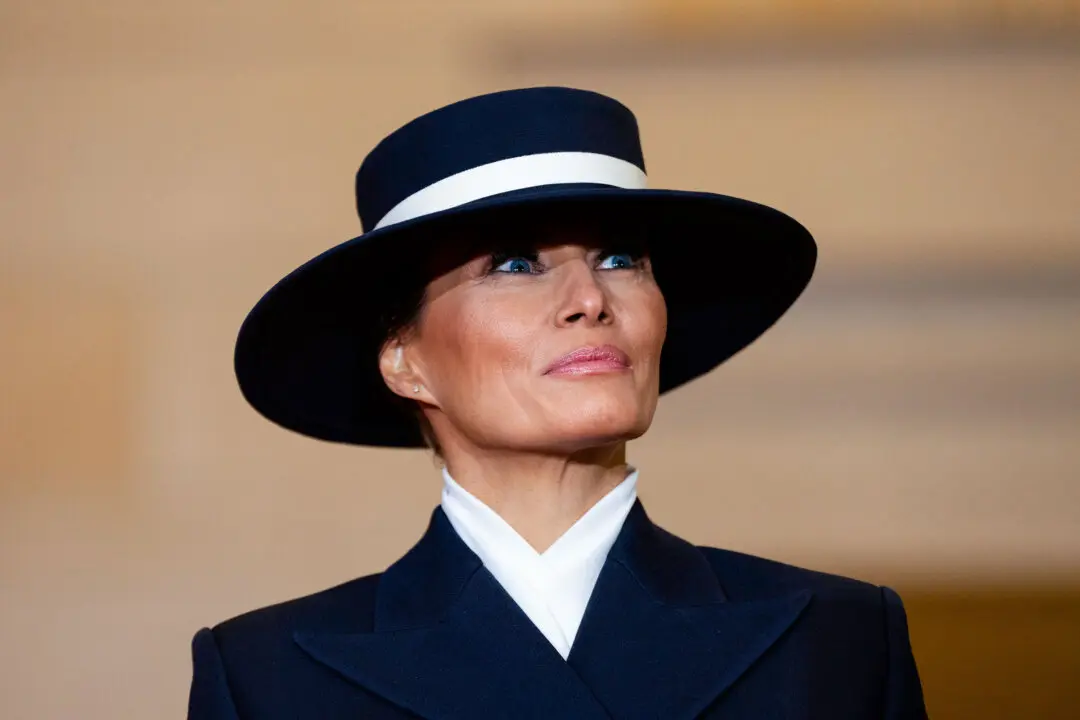A woman from a small Caribbean island helped raise a baby flamingo who, after a while, disappeared. Many months later, the wild bird flew back, ran right up to her rescuer, and snuggled her in a sweet reunion.
Animal lover Elly Albers, 54, runs an eco-tourism business in Bonaire.






